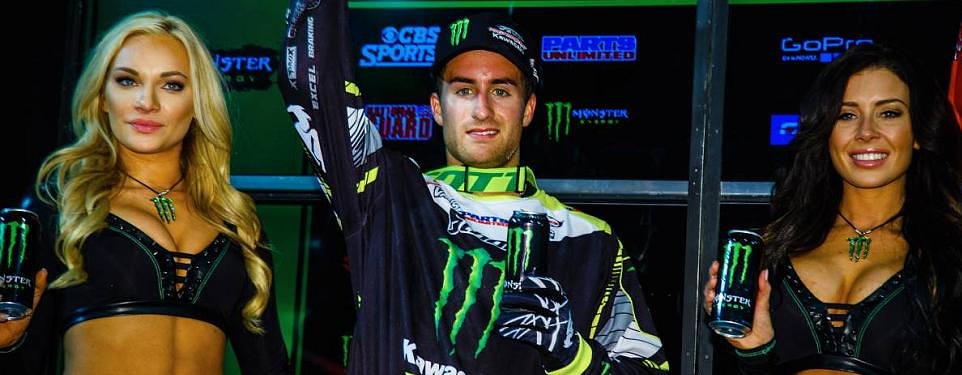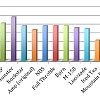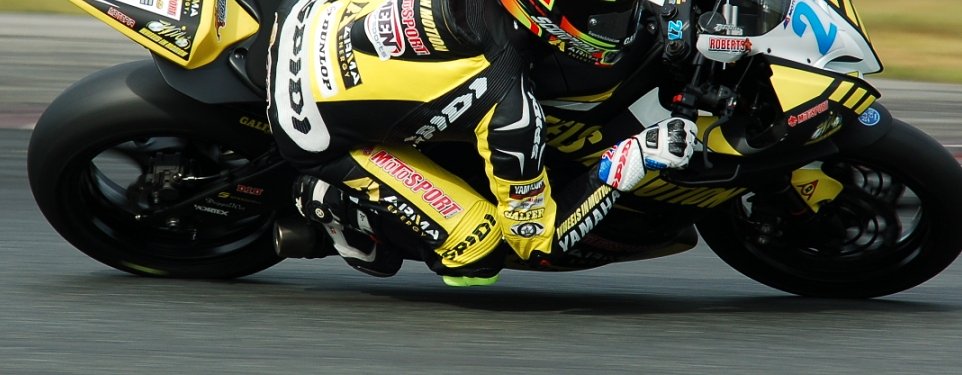Q: Is an energy drink a good idea when I'm riding and get tired?
As a surgeon having trained in the era prior to workhours restrictions for trainees, I know about fatigue. 110 to 120 hours per week was pretty common. 24 hours of sleep deprivation is similar to drinking two beers, so it is serious business. I did what most of my compatriots did — I drank coffee. OK, a lot of coffee; some drank tea (they got teased) and others soda, rendering caffeine a dietary staple, so it seemed.
Dr. Kaplan is a physician who rides. Got a medical question related to motorcycling? Send it to commontread@revzilla.com and put "Ask the Doc" in the subject line.
We did not have coffee bars to get specialty coffee beverages nor did we have “energy drinks.” Despite my coffee habit, I was too fatigued to ride safely and stopped during those years.
With less extreme fatigue, you may consider using an energy drink if you are tired while riding. Such drinks are popular, perhaps because of their marketing, the athletes they support, as well as (for some) the models who pose in warm-weather outfits near or on motorcycles. Unlike screwcap beverages, most energy drinks come in cans (containing two servings), which encourages you to finish both at once (hard to store the open can in your saddlebag). Is there anything in there that makes them better or worse than plain old coffee?
A baseline
The average cup of coffee contains about 95 mg of caffeine. In general, you should not have more than 400 to 600 mg of caffeine in a day (yep, I drank more than that during training so it’s not life-threatening if you are healthy). Nonetheless, caffeine has both beneficial and potentially harmful effects. Beneficial ones include increased alertness and sense of well-being, and even increased pain tolerance when used occasionally, but this effect may be lost when caffeine is regularly consumed. Instead, its absence can leave you feeling pretty tired, and with a horrible headache in those used to drinking large quantities (more than 400 to 600 mg).
Caffeine has been associated with (not proven to cause) reduced risks for certain illnesses, as well as appetite suppression. Undesirable effects include an increased heart rate (tachycardia), abnormal heart rhythm (arrhythmia), high blood pressure, sweating, tremors, diarrhea, loss of temper control, and impaired judgment.Therefore, excess amounts may not pair well with motorcycling.

Dose
That 400 to 600 mg dose recommendation — yes, caffeine is a drug — is meant to be spread out over the day. This relates to the caffeine content in most energy drinks. Looking at the best-selling ones, we can see that the average dose in the can (160 mg) is nearly half of a 400 mg dose, so one can is a big dose. A six-pack provides about three days' worth of caffeine. As a result, those with baseline tremors are likely to have it get worse. Those with heart disease may have tachycardia, arrhythmias or even chest pain leading to a different trip than the one you planned (the Emergency Department). Of course, there is that inconvenient need to stop and empty your bladder after a bolus of caffeine. Excessive losses can worsen dehydration, especially when it is hot and you are already losing water and salt in sweat.
Sugar
While sugar is great if you are hypoglycemic (low blood sugar), excess sugar is of no benefit and can cause harm in those with sugar-handling problems, like diabetics. In diabetics, effects range from slight elevations in blood glucose, to sugar-based increases in urine flow creating dehydration, to life-threatening imbalances in salt and acid-base balance. Many manufacturers have reduced-sugar or even no-sugar products. Moreover, these are all fundamentally different from protein drinks used as between-meal supplements or those specifically targeting muscle growth. Energy drinks generally contain no protein, so they are a poor substitute for a missed meal while you are pushing through to reach your destination. If you drink one that has a lot of sugar, you are also at risk of having a subsequent sugar crash a few hours later when the sugar (carbohydrate) load is gone, but the insulin that was secreted from your pancreas to deal with it is not. The fatigue is known as reactive hypoglycemia as your blood sugar (glucose in the sugar in your blood stream) falls (insulin makes your cells take up glucose) — not a good plan when you are already tired (or any other time, in fact).
Other ingredients
Lots of other things are in there. So what? Most additives will likely do nothing for you, but won’t hurt you either. Common additives include guarana (another caffeine source), and B vitamins. Others are related to normal metabolism (taurine, L-carnitine, creatine, glucoronolactone), or plant derivatives (ginseng, ginko balboa, acai berry) in addition to preservatives and colorants. Since these supplements are unproven to aid in health maintenance, they should have little influence on your decision-making.
Take-away messages
- Pay attention to the amount of caffeine in what you drink, especially if you have any heart or neurologic conditions
- Be cautious of the sugar load if you are diabetic, and beware of the sugar crash regardless
- Energy drinks are not meal substitutes
- Rehydrate after drinking an energy drink
- If you are truly tired, stop, rest, and have a 15-to-20-minute power nap (proven to be tremendously helpful in improving focus and mental acuity — even for doctors)









